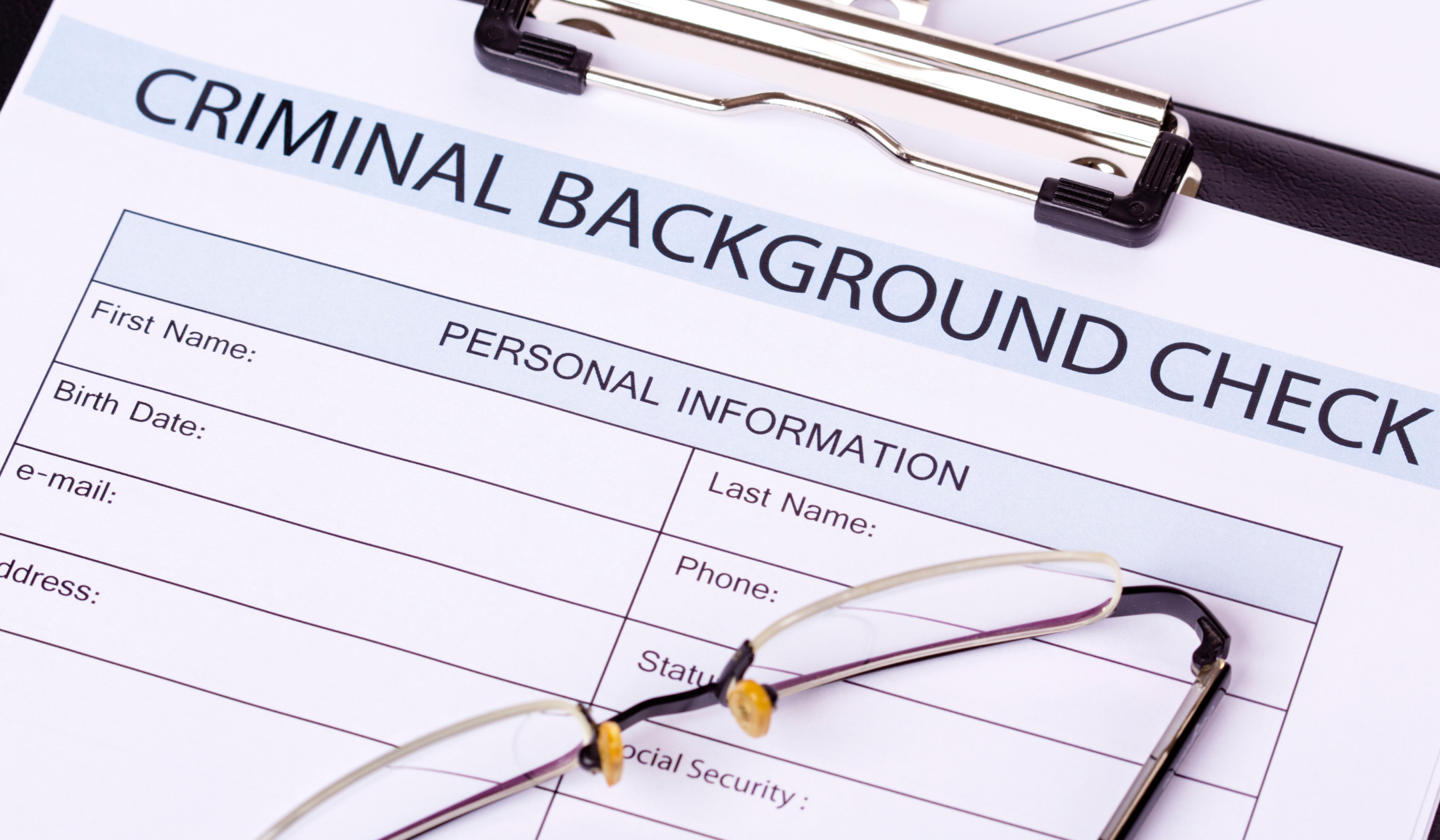How to conduct a background check
Conducting a background check isn’t a mystery. But it’s also not as simple as logging into a...

Ban-the-Box is a grassroots movement that seeks to remove potential discrimination in hiring practices, helping to give individuals with prior criminal convictions a fair chance at employment consideration. It challenges employers to evaluate job applicants based on their skills and qualifications for the position, not on their criminal histories. The specifics of the resulting legislation have varied widely from state-to-state and by locality. In general, Ban-the-Box initiatives seek to restrict employers from asking candidates questions about their criminal history as part of the employment application process. In many cases, such questions are allowed later in the background screening and consideration process.
36 states and over 150 cities have implemented Ban the Box laws. Generally, in states, cities or counties where Ban-the-Box legislation has been enacted, some employers are required to remove checkboxes and/or questions asking whether or not a candidate has previously been convicted of a crime from their job applications. Some state and local laws also prohibit the employer from asking the question until some specific point in the consideration process, for example, after an initial interview.
No, Ban-the-Box does not outlaw the practice of running criminal background checks on applicants; however, in locations where Ban-the-Box legislation has been passed, the law may require that the criminal background check occur later in the hiring process after the candidate has been found qualified or after a conditional offer of employment has been made.
Ban-the-Box does not dictate a certain course of action in the event your applicant’s background check returns criminal records. The Equal Employment Opportunities Commission (EEOC) has issued guidance to employers on how to proceed when a candidate has a criminal record.
As a general rule of thumb, the EEOC advises employers consider only convictions that relate directly to the job duties of the position and to individually assess the circumstances of the conviction(s) and the likeliness of recidivism. Employers should be careful of bright-line or blanket policies that automatically disqualify a candidate based on the existence of conviction records.
EEOC Guidance encourages employers to adopt the following best practices when considering criminal background information in employment decisions:
1. Eliminate blanket criminal conduct exclusion policies.
2. Develop narrowly tailored written policies and practices to screen applicants and employees for criminal conduct.
3. Train staff on Title VII’s prohibition against employment discrimination and how to implement new policies and procedures in compliance with Title VII.
4. Identify the essential job requirements and the circumstances under which all jobs are performed.
5. Identify specific criminal conduct that may show an applicant is unfit for the position.
6. Identify the appropriate period of time that must pass until a criminal record is no longer relevant in hiring someone for the position in question (read blog to learn about how to use “individualized assessments”).
7. Record the justification for the policies and procedures and keep a record of all consultations and research considered in creating policies and procedures consistent with Title VII.
Additionally, when asking questions about criminal records, employers should:
Orange Tree provides regular communication about compliance and regulatory changes as the legal landscape is fluid. This includes emails on state-specific and ban-the-box legislation, drug testing updates and regulatory changes. We can help ensure that you receive up to date information on legal "hot issues" such as:
We also offer webinars, weekly newsletters, and blogs on timely and important topics.
Schedule a call to learn how we can help you be compliant and updated on Ban-the-Box and other important legal changes.